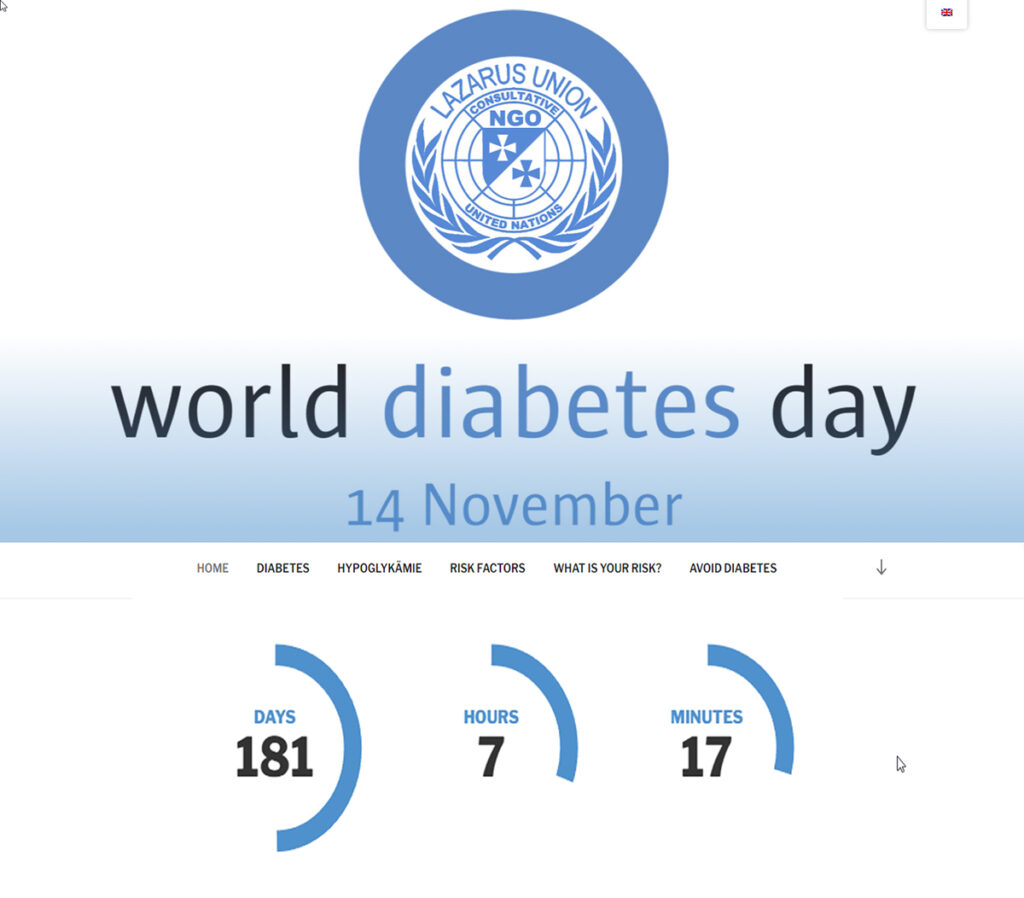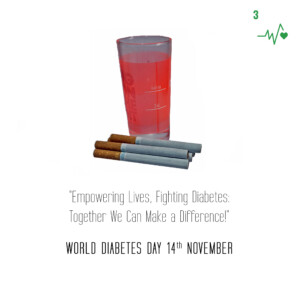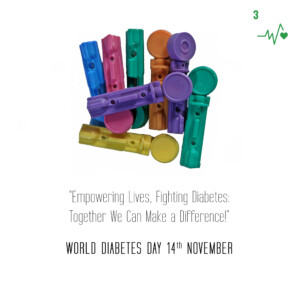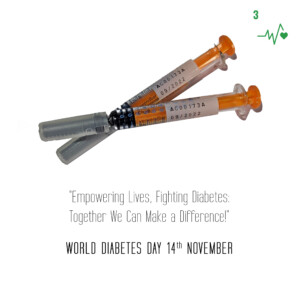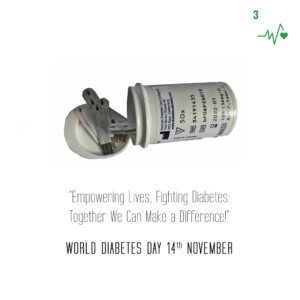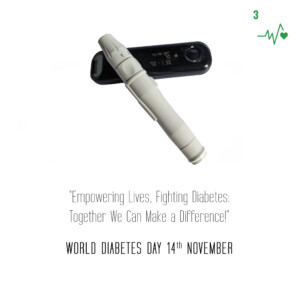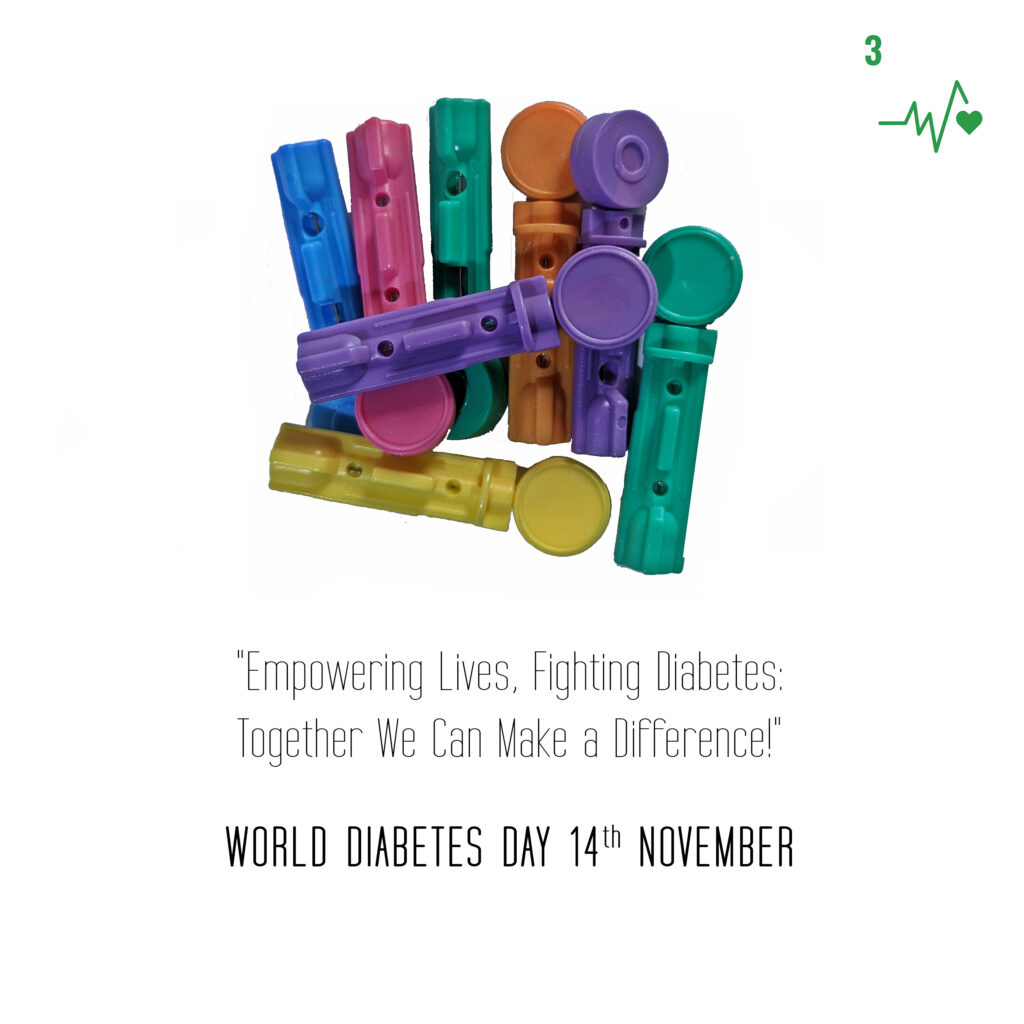
Campaign Diabetes
Addressing the Global Diabetes Epidemic: A Call to Action
As we navigate the complexities of the modern world, one health crisis looms large on the horizon: diabetes. With its increasing prevalence and far-reaching impacts, diabetes poses a significant threat to global health and well-being. As an NGO with general consultative status at the United Nations, it is our duty and privilege to shed light on this pressing issue, explore its implications for national health, and advocate for meaningful action in line with the Sustainable Development Goals (SDGs).
The Growing Burden of Diabetes: Diabetes, both type 1 and type 2, has reached epidemic proportions worldwide. According to the International Diabetes Federation, approximately 463 million adults were living with diabetes in 2019, and this number is projected to rise to 700 million by 2045 if current trends persist. This exponential increase is fueled by factors such as sedentary lifestyles, unhealthy diets, and rising obesity rates, compounded by socioeconomic disparities and limited access to healthcare.
The Lazarus Union International has a dedicated website on the topic.
Here you can find more information, complete a risk test and get further advice.
Impact on National Health:
The impact of diabetes on national health systems is profound and multifaceted. Firstly, diabetes imposes a substantial economic burden, straining healthcare budgets with costs related to treatment, complications, and lost productivity. Secondly, diabetes is a leading cause of morbidity and mortality, contributing to a range of debilitating complications such as cardiovascular disease, kidney failure, blindness, and lower limb amputations. Furthermore, diabetes exacerbates inequalities in health outcomes, disproportionately affecting marginalized communities with limited resources and healthcare access.
SDGs Affected by Diabetes:
The global response to diabetes aligns with several Sustainable Development Goals, reflecting its interconnected nature with broader development objectives. Specifically, addressing the diabetes epidemic contributes to:
- SDG 1: No Poverty – Diabetes prevention and management efforts alleviate the financial burden on individuals and families, helping to reduce poverty and inequality.
- SDG 2: Zero Hunger – Addressing the root causes of diabetes, such as unhealthy diets and food insecurity, supports efforts to achieve food security, improve nutrition, and promote sustainable agriculture.
- SDG 3: Good Health and Well-being – By promoting prevention, early diagnosis, and access to quality treatment for diabetes, we strive to ensure healthy lives and promote well-being for all at all ages.
- SDG 10: Reduced Inequalities – Recognizing and addressing the social determinants of health that contribute to diabetes disparities is essential for reducing inequalities within and among countries.
- SDG 11: Sustainable Cities and Communities – Creating environments that facilitate physical activity, access to nutritious foods, and healthcare services promotes healthier urban lifestyles and fosters sustainable communities.
Conclusion:
The increasing prevalence of diabetes represents a formidable challenge to global health and development, necessitating urgent and concerted action. As an NGO with a voice on the international stage, we are committed to raising awareness, advocating for policy changes, and supporting initiatives that address the root causes of diabetes and improve outcomes for those affected. By aligning our efforts with the Sustainable Development Goals, we can work together towards a healthier, more equitable future for all.
